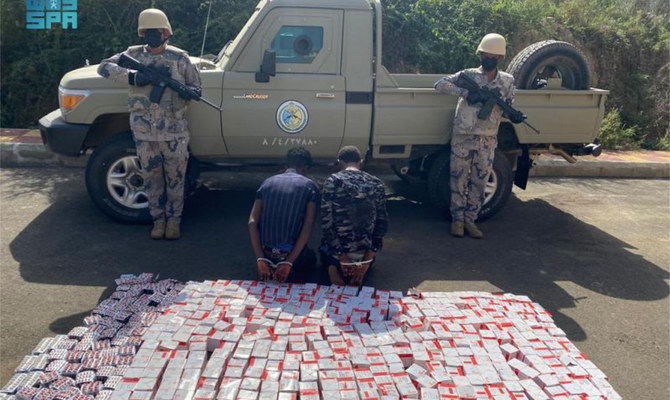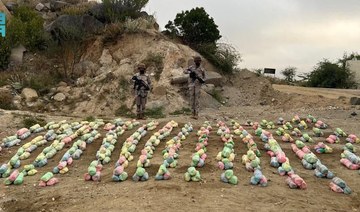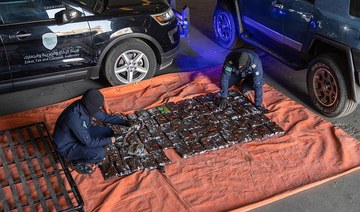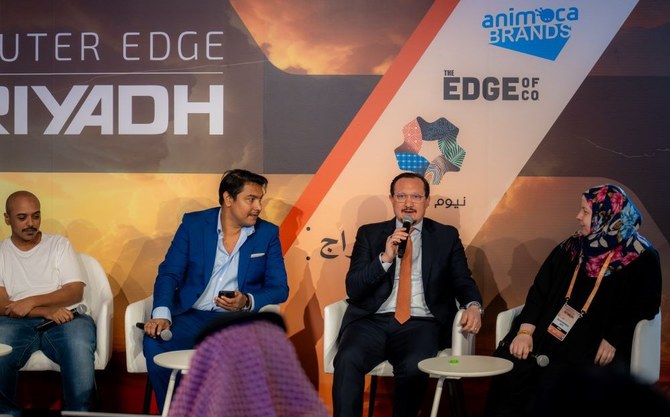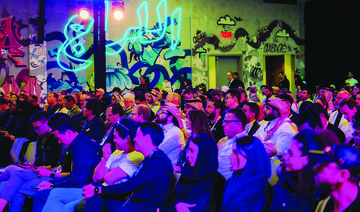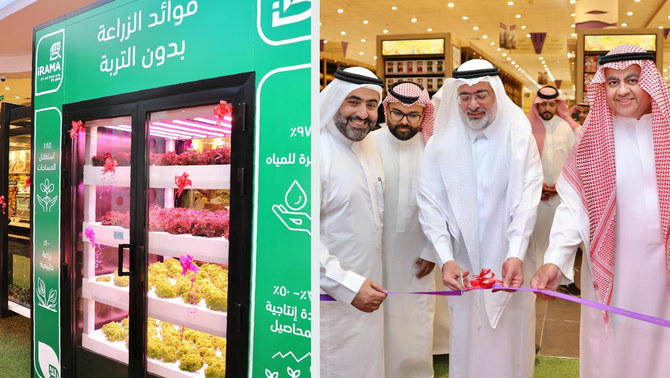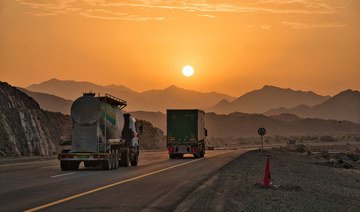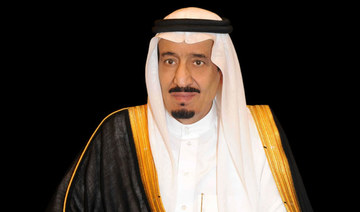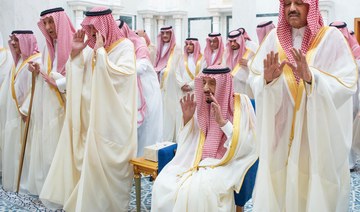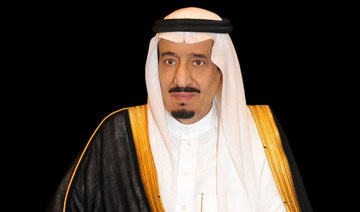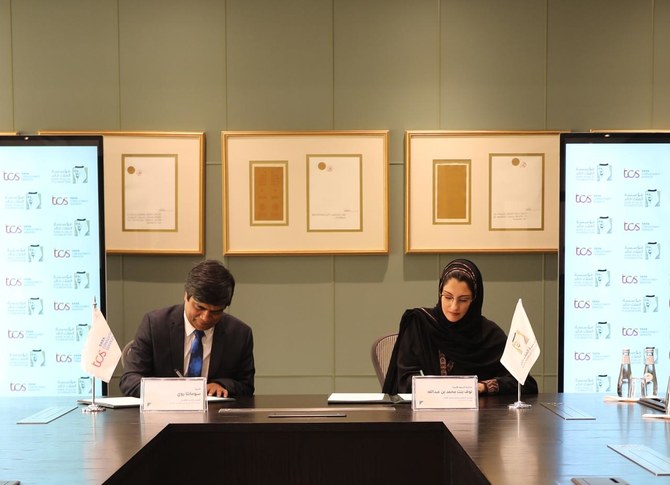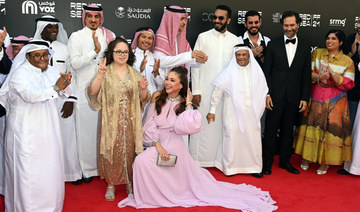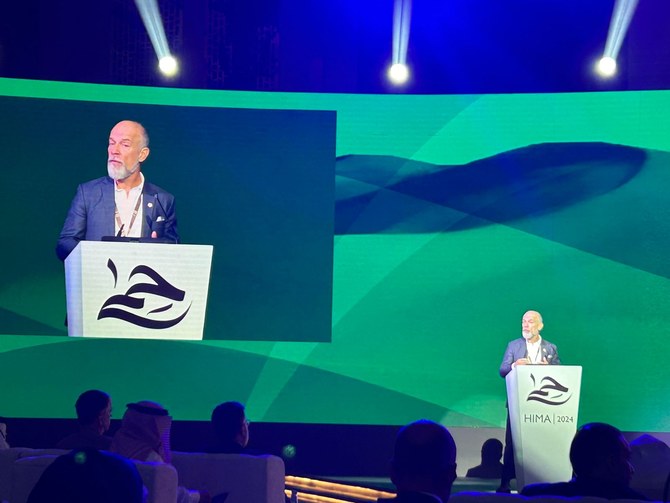RIYADH: Music has always been at the cutting edge when it comes to utilizing technological innovation, Paul Pacifico, CEO of the Saudi Music Commission, told a forum in Riyadh.
Experts discussed the impact of artificial intelligence on the creative industries during the Outer Edge summit held at The Garage in the Saudi capital on Tuesday.
The forum explored innovations linked with Web3, a new stage of the internet driven by the cryptocurrency-related technology blockchain.
Web3 is expected to provide greater security, and give users more control over their data, opening new horizons for musicians and artists, among others.
“Musicians have always experimented with every tool they could get their hands on,” Pacifico said during a panel titled “The Future of Creativity, including Music and Art.”
He cited the invention of the piano as an example, and said that artists would explore any medium or utilize any tool to convey their message.
“AI is everywhere, and is somewhat of a catch-all term for several technologies that converge around machines,” he said.
Pacifico encouraged artists to explore AI, adding that it is already integrated into many areas of their working life.
“We’ve already experienced AI in the creative space through algorithmic playlists on streaming platforms, backend processing, digital music production, and editing with software programs.”
The discussion also explored the intersection of technology and art, with speakers highlighting the potential for immersive experiences that merge the physical and digital worlds.
Saudi artist Khaled Makshoush, who works with digital pixel designs, is optimistic about AI applications in the creative realm, saying that that he sometimes uses the technology as a source of inspiration and a tool to enhance his artistic processes.
He said that some people view AI negatively because it can generate art based on the work of other artists.
“I would generate an image with AI to be inspired by what elements or colors to incorporate into a painting.”
Makshoush said that because he is quite indecisive, “an AI assistant who can advise me based on my previous artworks would be very beneficial.”
Melissa Wiederrecht writes JavaScript code to generate her artwork, and uploads her creations on web3.
The algorithmic and generative artist said that one exciting aspect of Web3 is its potential to showcase artwork in new and innovative ways. Artists can use blockchain technology to create unique digital pieces, secure ownership rights, and sell their work to collectors.
“For example, I’ll have AI pick five random colors; then maybe I’ll say pick a random sample of points, then throw some color around, and choose a style of mine,” she said.
Wiederrecht said that she can write an algorithm that generates infinitely different pieces of art from the same code.
“They all look similar, like they belong to the same collection, but they’re all completely unique,” she added.
Pacifico concluded by saying: “I want to see that bedrock that we’re putting in place enable generations after us to have much greater access to the freedom of expression and circular economy required to enable access for more expression for all.”






